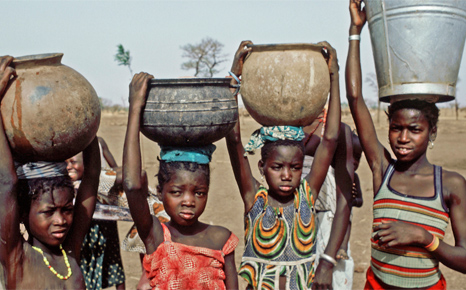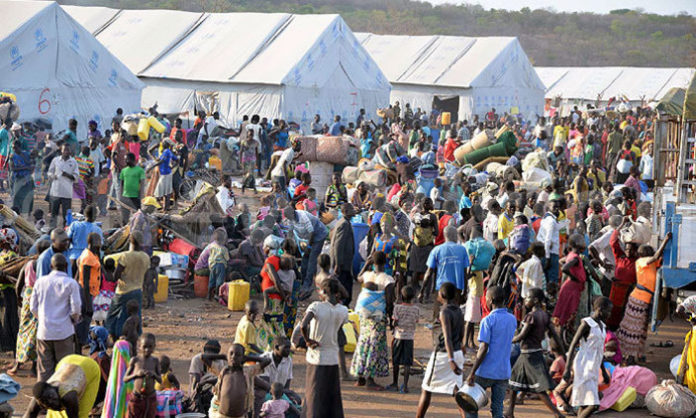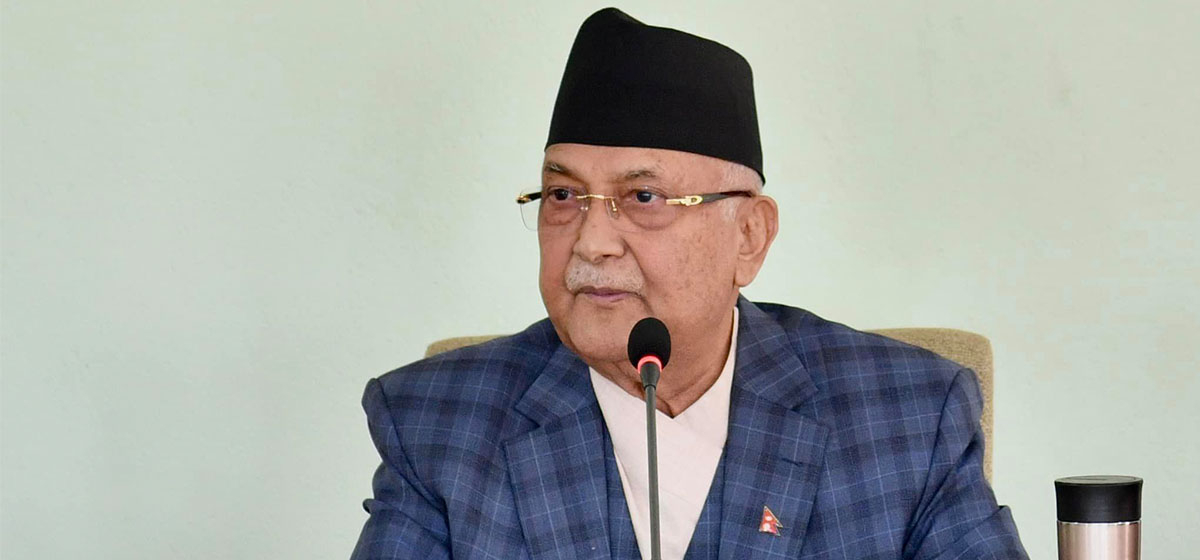

The independent republics of Senegal and Mali were born from the ashes of the short-lived Federation of Mali – established on Janu– made up of Senegal and what was then French Sudan. Senegal and Mali – August 20 and September 22. He would have preferred that Gabon become a French department but had to back down when General de Gaulle refused. Criticised by opposition parties for being anti-independence, Prime Minister Léon M’Ba nevertheless proclaimed Gabonese independence on August 17, 1960.
Republic of upper volta refugees full#
On August 15, 1960, Congo gained full independence with Fulbert Youlou serving as president until 1963. The following year violence broke out in Brazzaville, triggering a French military intervention. Ninety-nine percent of the Congolese people voted to join the French Community in a 1958 referendum that also made the country an autonomous republic. But Boganda died in a March 1959 plane crash and when independence was proclaimed in 1960, it was a relative, David Dacko, who became president. Poised to become the nation’s first president was Barthélémy Boganda – a national hero, committed pan-Africanist and anti-colonialist who presided over French Equatorial Africa (a federation joining colonial territories Chad, Congo-Brazzaville and Gabon) for two years, working for the emancipation of Africans.

Under French control since 1905, Ubangi-Chari became the Central African Republic on December 1, 1958. The prime minister at the time, François Tombalbaye, became the first president of a country that deteriorated rapidly into civil war between the Muslim north and the Christian-majority south.Ĭentral African Republic – August 13.

Two years after becoming a republic, Chad won independence on August 11, 1960. The Ivory Coast subsequently became one of the most prosperous West African nations.Ĭhad – August 11. Two years later, in June of 1960, the pro-French Félix Houphouët-Boigny proclaimed the country’s independence but maintained close ties between Abidjan and Paris. A 1958 referendum resulted in the Ivory Coast becoming an autonomous republic. Ivory president Felix Houphouet Boigny (R) and Senegalese President Leopold Sedar Senghor parade in the official car, on Augin Abidjan, during the first Independence day anniversary. The country took the name Burkina Faso in 1984 during the presidency of Thomas Sankara, who was assassinated in 1987. A French protectorate, the Republic of Upper Volta was proclaimed on December 11, 1958, but remained part of the French Community before gaining full independence on August 5, 1960. Diori was subsequently overthrown by a coup d’état in 1974.īurkina Faso – August 5. Independence was officially declared on August 3, 1960. Niger – August 3. Niger had been the subject of French colonial interest since 1899 despite fierce resistance from the local population. A 1958 referendum propelled the country's first president, Hamani Diori, to power and the Republic of Niger was first proclaimed on December 18 of that year. The country, renamed Benin in 1975, has had a tumultuous political history in recent years, with critics saying the current leadership is undermining the country’s democratic traditions. A referendum on September 28, 1958, proposing a plan for a French-African Community paved the way for the independence of what was then the Dahomey two years later, when power was transferred to President Hubert Maga.

The objective was to reconstitute the pre-colonial era “Greater Somalia”, which had included Kenya, Ethiopia and the future nation of Djibouti, which was at that time under French control.īenin – August 1. Somaliland had itself gained its full sovereignty five days earlier. A former Italian colony, Somalia merged with the former British protectorate of Somaliland on the day it became independent in 1960 to form the Somali Republic.


 0 kommentar(er)
0 kommentar(er)
